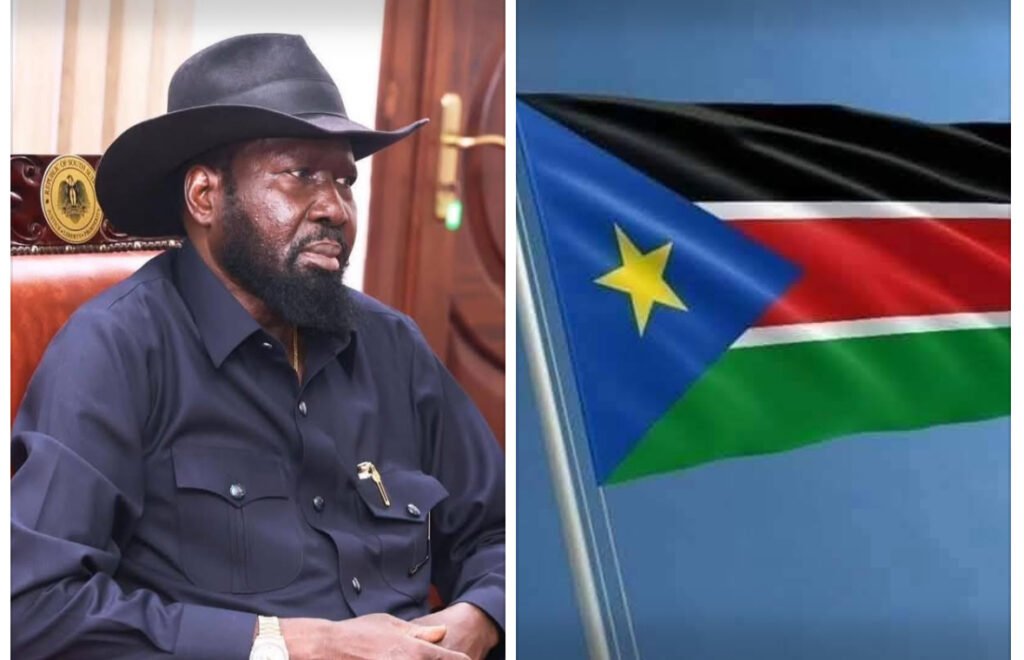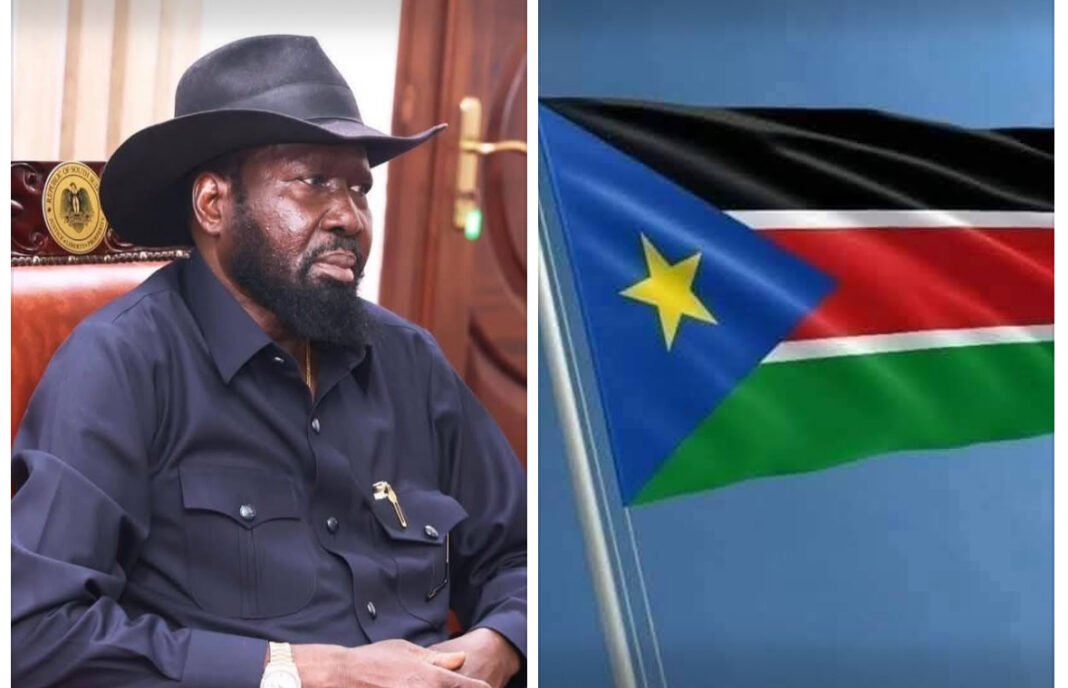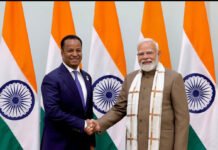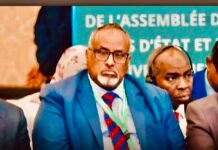By Horn Africa News
Juba — As South Sudan continues to grapple with political challenges, some voices are urging the public not to overlook the early contributions of President Salva Kiir Mayardit, particularly in the field of education.
Even before South Sudan gained independence in 2011, President Kiir launched initiatives that enabled more than two million South Sudanese to access education. Many of these opportunities came at a time when young people had limited or no means to pursue schooling, shaping the future of countless families.

In 2007, a financial support program was introduced to assist Southern Sudanese students and families living in Uganda, Kenya, Rwanda, and Egypt. The initiative provided upkeep allowances that helped sustain many during difficult times in exile.
By 2008, the program expanded to cover direct sponsorships for students in those countries. Uganda reportedly had the highest number of beneficiaries at around 50 percent, followed by Kenya at 30 percent, with others in Rwanda and Egypt. Many of those who benefited, including economists and professionals today, credit the program with changing their lives.
The momentum of these efforts carried into independence. On July 9, 2011, President Kiir raised the flag of South Sudan for the first time, marking the birth of the world’s newest nation. For many, that moment cemented his place as the “Father of the Nation.”
However, President Kiir’s legacy remains contested. While critics point to governance and conflict-related failures, supporters argue that his early leadership and investment in education should not be forgotten.
“It is unfair when some of those who once benefited from his programs are now his loudest critics,” says Mr. Mathiang Jalap Dongrin, an economist and senior SPLM political think tank member, who recalls personally benefiting from the educational sponsorship scheme. “President Kiir may not be perfect, but to say he has done nothing is wrong. He did a lot for many of us — more than some are willing to admit.”
As the country reflects on its turbulent journey since independence, the debate over President Kiir’s legacy underscores the complex balance between achievements made and challenges still facing South Sudan.




